EERA Blog
European Educational
Research Association
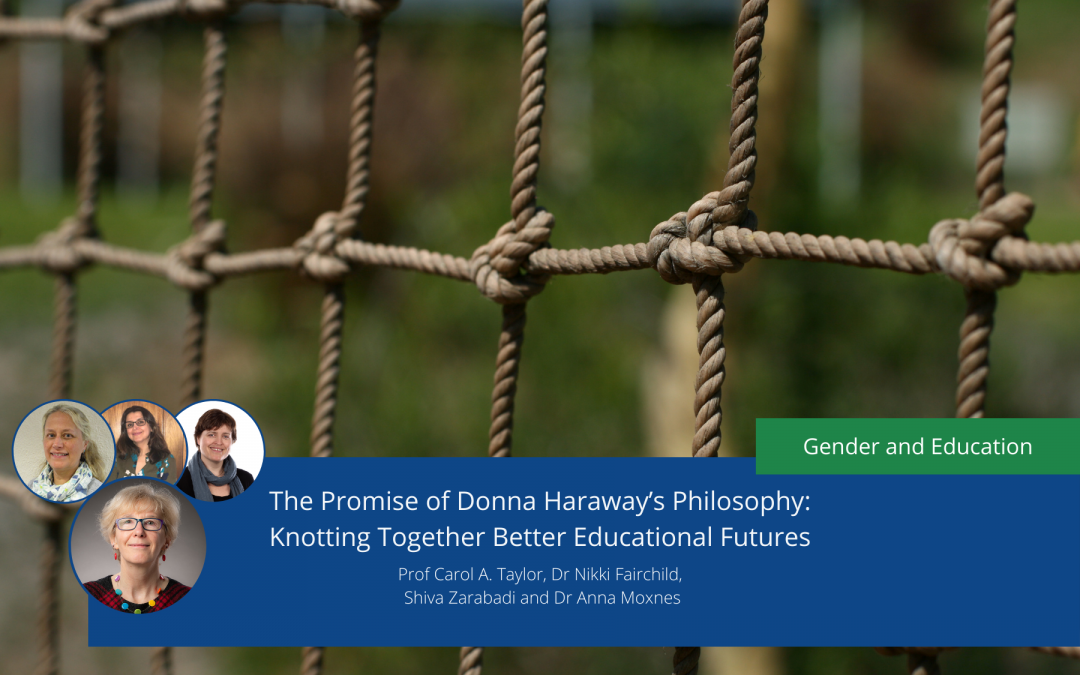
The Promise of Donna Haraway’s Philosophy: Knotting Together Better Educational Futures
As we have grappled with critical questions in our research and teaching, all of us contributing to this blog have been energised by Donna Haraway’s work. This blog explores the promise of Haraway’s philosophy for knowledge, learning and education. Donna Haraway’s philosophy offers conceptual and practical resources for navigating the complexities of contemporary educational problems.Reconceptualising knowledge, learning and education with Donna HarawayHaraway’s major early intervention was to challenge traditional notions of objectivity – which she called ‘the God trick’ (Haraway, 1988). She argued that objectivity was a Western masculinist, patriarchal tradition, which presumed...
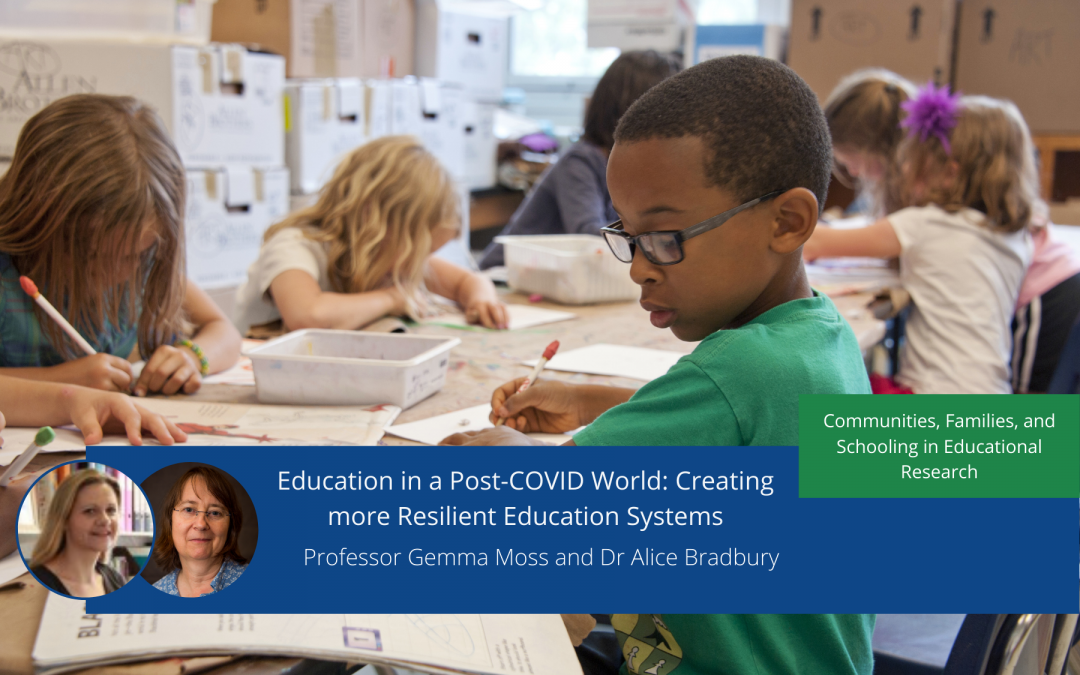
Education in a Post-COVID World: Creating more Resilient Education Systems
Schools across Europe have been at the forefront of dealing with the COVID crisis since it began in 2020, coping with different systems of attendance, new methods of learning, and changing government guidance on how to operate. Many education systems have found themselves under pressure in these circumstances. Not all have fared well. Data from our research[1] tracking how primary teachers in England responded to the disruption provides some insights into whether and how COVID-19 can lead to more resilient education systems. Revaluing local knowledge is a vital element in rebuilding, reconnecting, and reimagining education after the pandemic. Our data shows that local knowledge provides a...
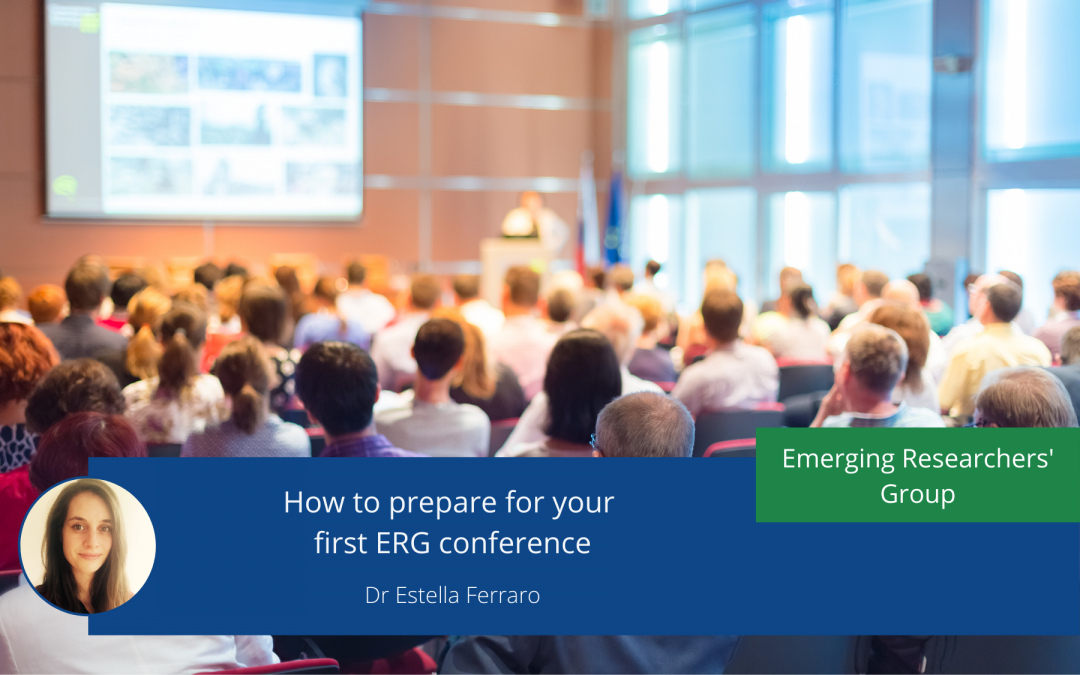
How to prepare for your first ERG conference
The Emerging Researchers' Group holds an annual conference, the Emerging Researchers' Conference (ERG), preceding the European Conference on Educational Research (ECER). We asked Estella Ferraro for some tips on preparing and attending your first ERG Conference. Going to an international conference for the first time can be overwhelming and exciting at the same time. It is an excellent opportunity to meet fellow colleagues from all over the world - I have met colleagues from Europe but also from Australia, Asia, South America, and Africa. It also gives you feedback on your research from outside the own academic framework, which can really open your eyes to entirely new perspectives. You...
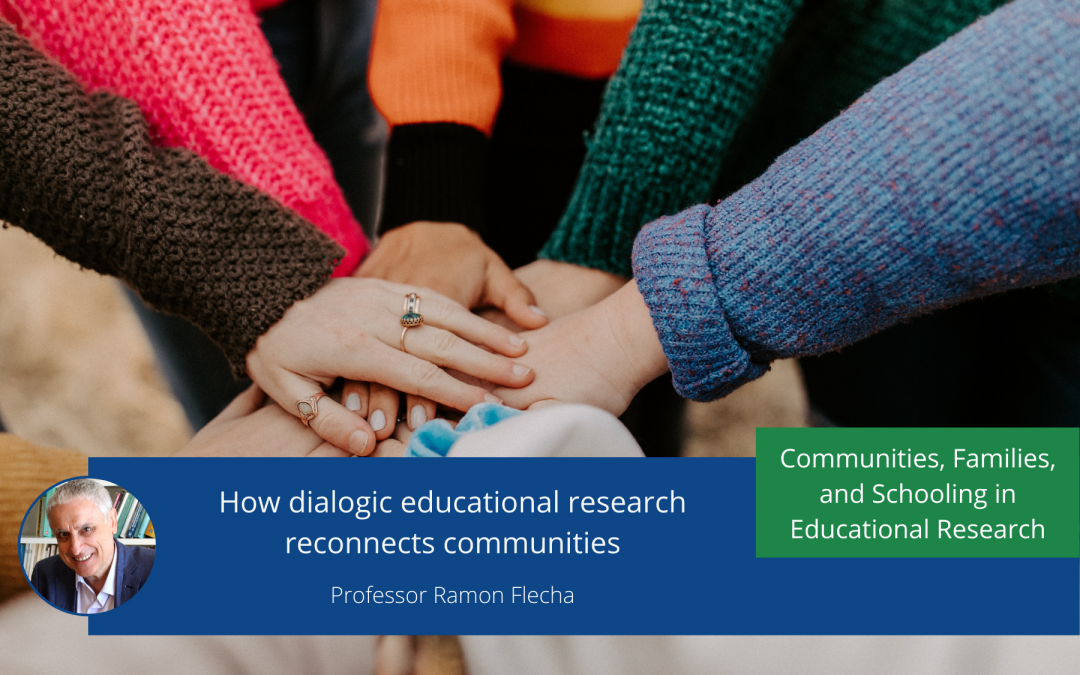
How Dialogic Educational Research Reconnects Communities
At the European Conference of Educational Research in 2020, Professor Ramon Flecha presented his keynote "How dialogic educational research reconnects communities". Here he shares his research with our readers. My presentation was part of the panel at the European Conference of Educational Research in 2020, shared with two excellent speakers, with the outstanding coordination of Joe O’Hara. It was entitled 'How dialogic educational research reconnects communities', and it was organized around four sections: Dialogic social impact and the human right to science and education Dialogic Educational Research (DER) and Co-creation DER and educational communities DER and ethics. What is a...
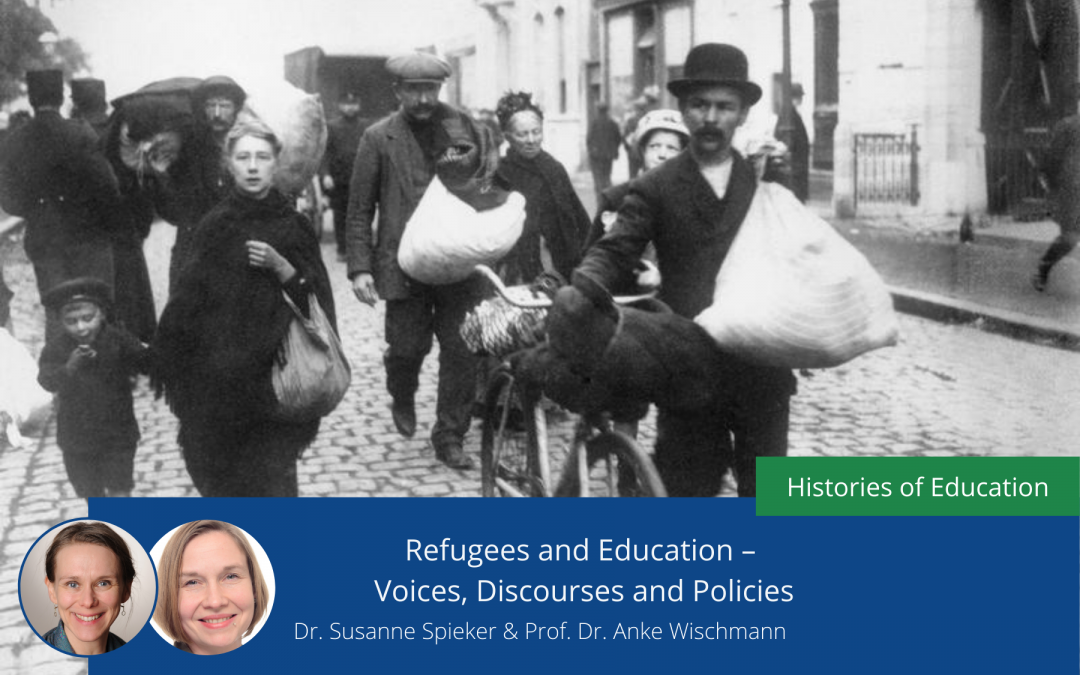
Refugees and Education – Voices, Discourses and Policies
The issue of refugees and asylum worldwide is a topical debate, where statistics and states play a major role with regard to research. Research focuses almost exclusively on the now, on themes like borders, trafficking, and human rights. In Europe in particular, the years 2015 and 2016 marked a turning point, because the numbers of refugees who arrived and applied for asylum reached the highest level in the Post-World-War II era. The so-called ‘refugee crisis’ underlines the necessity to integrate the incomers into established communities. This is, however, not a new phenomenon. In political discourses and other actual debates around the entry, asylum process, and integration of refugees,...
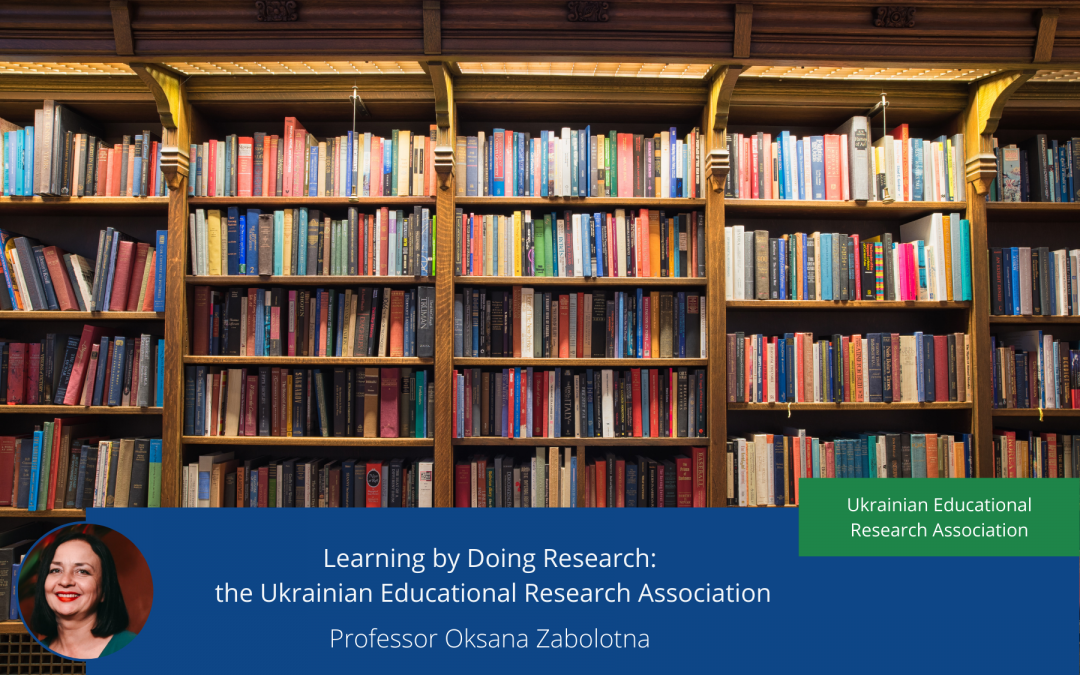
Learning by Doing Research: the Ukrainian Educational Research Association
Maintaining reliable contacts, networking, and sharing ideas are some of the best ways to empower educators. And professional and research associations help educators achieve these goals. The Ukrainian Educational Research Association (UERA) was created five years ago to boost interdisciplinary research synergy in the field of education.Freeing Educational Research from dusty bookshelvesHistorically, educational research in Ukraine was purely in the domain of Pedagogy which in Ukraine is a discipline dealing with history and theory of education, including its forms and methods. A quick search of the National Library of Ukraine database shows that 2729 candidate dissertations (Ph.D....
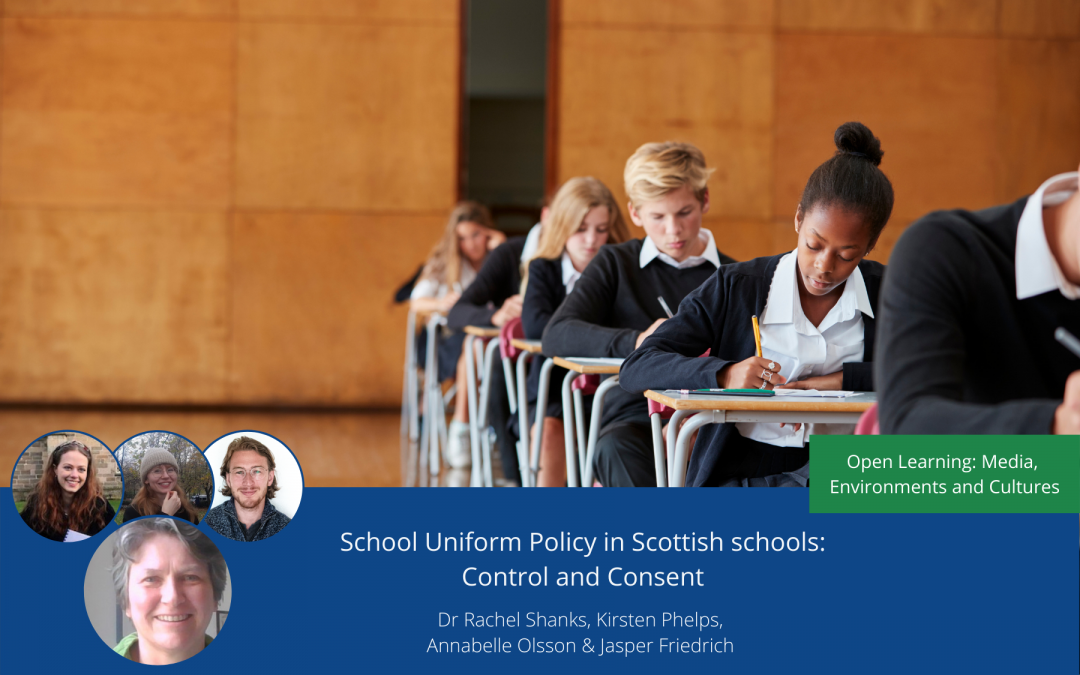
School Uniform Policy in Scottish schools: Control and Consent
A topic that is of continued interest to educational researchers – but also to teachers, pupils, and their parents - is school uniforms. As you may know, there is a marked difference between what pupils wear in school in the UK (England, Scotland, Wales and Northern Ireland), Ireland and the rest of Europe (recently Malta changed from formal uniforms to tracksuits). We set out to look into the reasons that schools give for having school uniforms. I conducted the research with thirteen students from across the University of Aberdeen. A week-long course was designed to teach the qualitative data analysis software NVivo while taking part in an authentic research project. This was to provide...
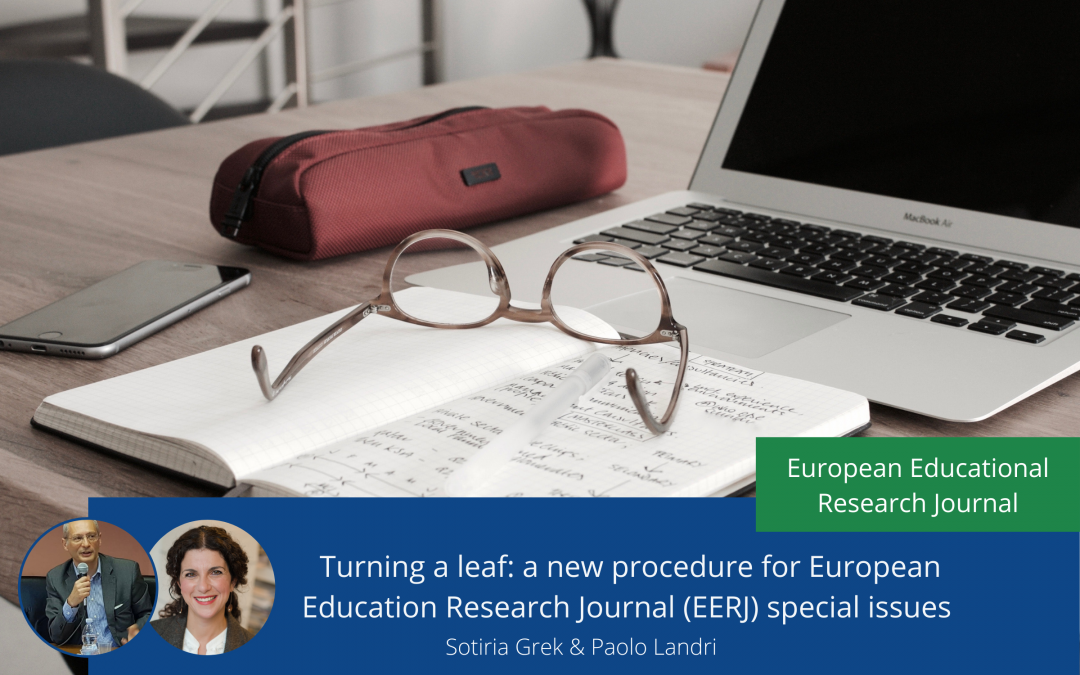
Turning a leaf: a new procedure for European Education Research Journal Special Issues
2020 has been a year like no other. On 31st of December 2019, the WHO China Country Office was informed of cases of ‘pneumonia of unknown etiology’. Less than a year later, the COVID-19 pandemic has shattered social life as we know it. The disease has taken tens of thousands of lives, whilst confining billions to their homes in worldwide ‘lockdowns’, in an effort to mitigate the spread of the lethal disease. In a matter of days, the global health emergency led to an education crisis, too. As country after country ordered school closures, education was suddenly faced with an extraordinary new reality: billions of children around the world became homebound, unable to go to school. Yet,...
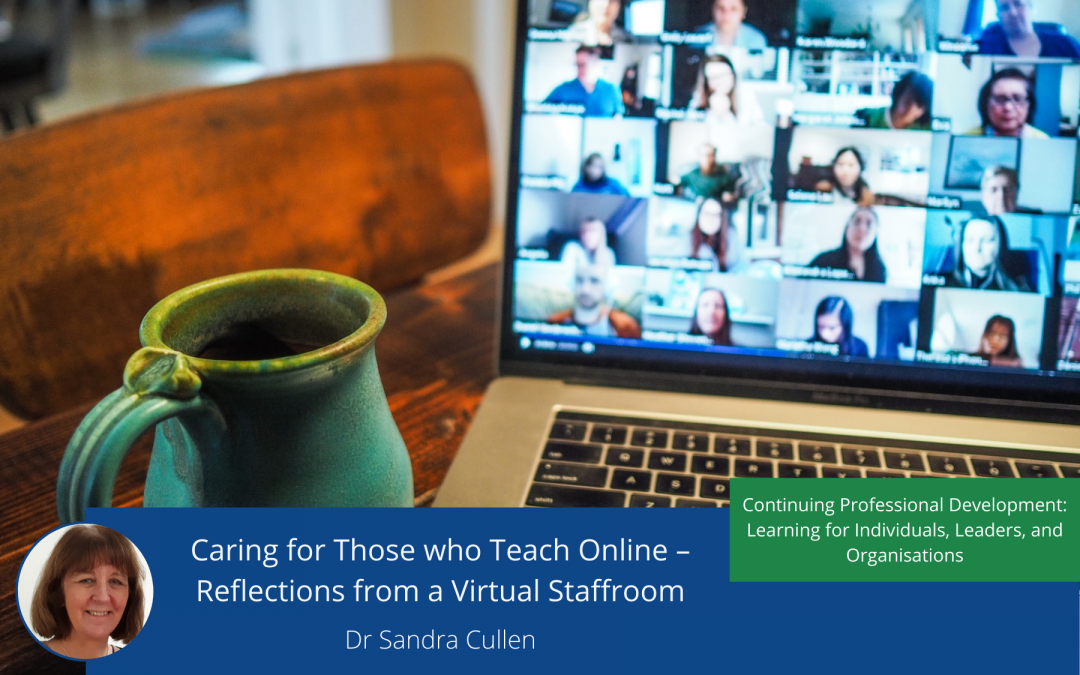
Caring for Those who Teach Online – Reflections from a Virtual Staffroom
When schools and higher education institutions closed their doors in March 2020, some of the implicit and informal supports for teacher educators disappeared. As teacher educators migrated to new modes of teaching and learning, institutional supports such as IT upskilling, educational technologies, professional development, and assistance from HR were provided. However, many staff commented that the burden of the expectations placed on them often exceeded what they felt capable of responding to in a personal capacity. With this as the backdrop, I want to reflect on how staff in one institution developed more informal ways of supporting each other and building community in a time of...
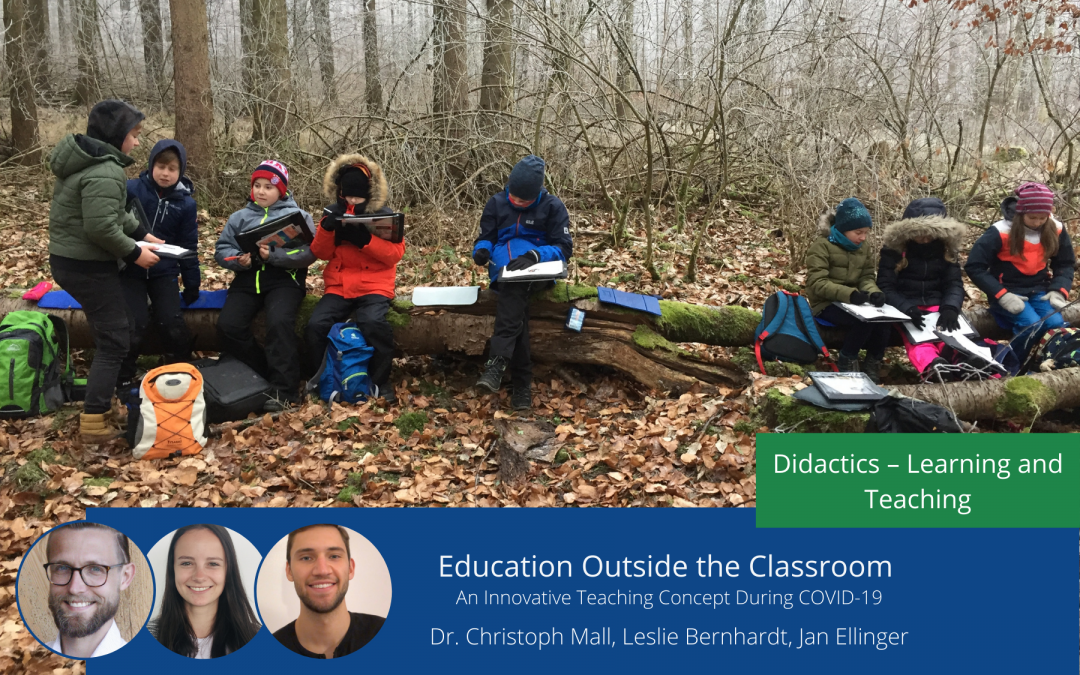
Education Outside the Classroom – An Innovative Teaching Concept During COVID-19
Education Outside the Classroom is a teaching concept which aims to counteract the health risks due to children’s inactivity and further support the fight against the COVID-19 pandemic.
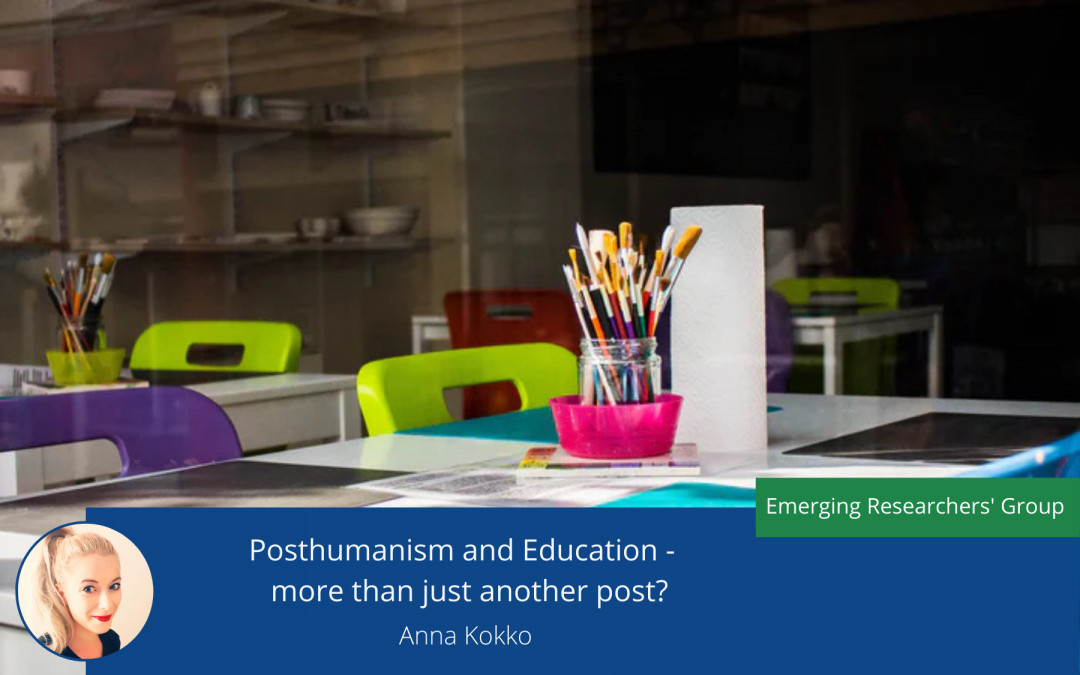
Posthumanism and Education
The rapidly changing world and new challenges have led many of us to wonder if the current ways of understanding and organizing education are adequate. One emerging perspective in the field of education is posthumanism. Although posthumanism is often considered in a coherent-sounding way in many contexts, it is not a single, unified theory and it has been used in many areas of education. Its multiple voices can be interpreted in many ways – ways that cannot all be introduced in this short text. In general, however, the common goal of the posthuman is to shake dualistic thinking and the dominant position of the humanism. This means that in posthuman thinking humans are not seen as...
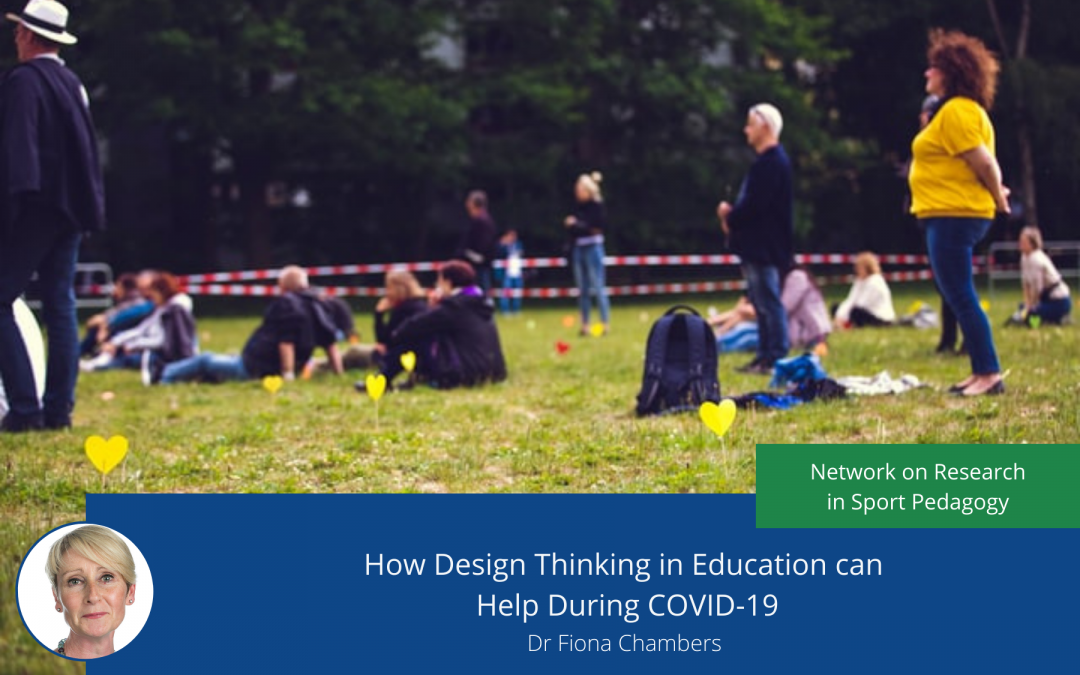
How Design Thinking in Education can Help During COVID-19
In April 2020, Dr Fiona Chambers, a Senior Lecturer in PE and Sport Pedagogy at University College Cork in Ireland, drew an idea on the back of an envelope. She envisioned a plan to kickstart sport and physical activity during and beyond the pandemic, using the principle of Design Thinking in Education. This idea has become the first Global Design Challenge for Sport and Physical Activity. Here she tells us the reason behind this challenge and how she went about organising it.
Write for the EERA Blog
If you’d like to contribute to the EERA blog, take a look at our Submission Guidelines to find out how to successfully pitch a blog post to our Editorial Team. Then send us a quick email to blog-mail@eera.eu
We look forward to hearing from you
